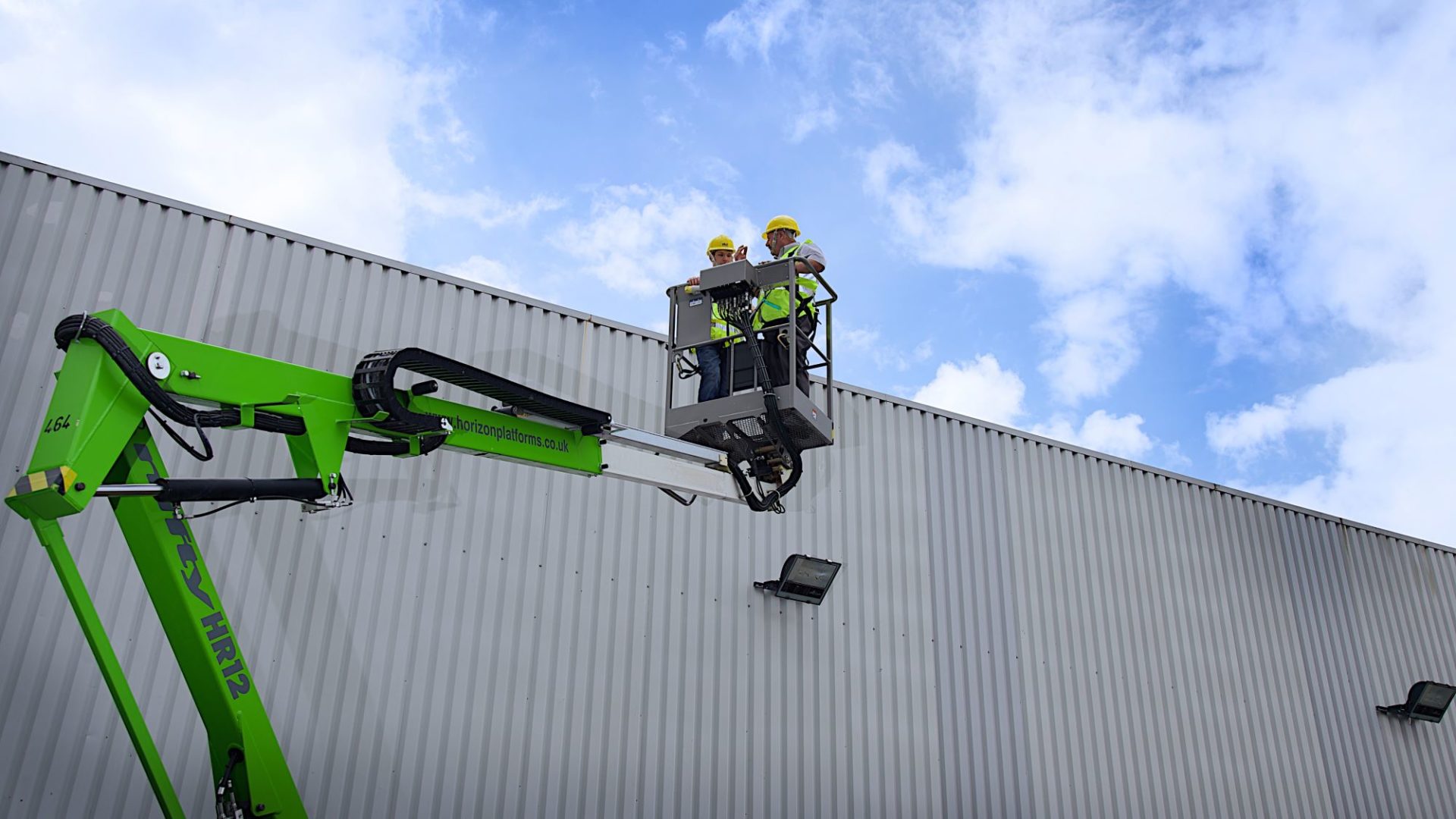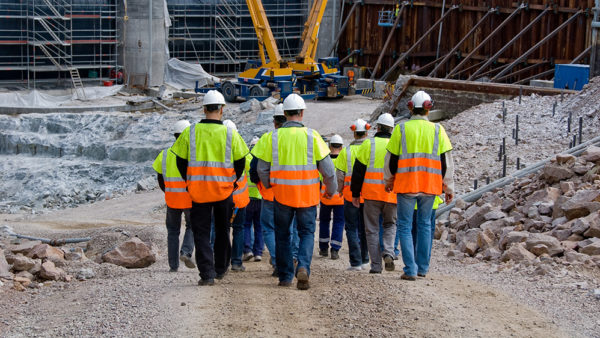The Access Industry Forum is calling for clearer reporting of workplace accidents to reduce accidents and save lives. By Peter Bennett.

Newly released Health & Safety Executive (HSE) statistics show another year of little improvement in workplace falls from height. More than 5,000 people in Great Britain were injured at work last year due to a fall from height, and 40 lost their lives.
And in the past week, we’ve seen another fatality from a fall-from-height on a construction project in Oxford and an HSE prosecution after a worker fell to his death from the roof of a building site in Warrington.
How can we stop these horrifying accidents and reduce the number of accidents involving working at height?
RIDDOR rethink
The law requires that incidents involving falls from height are reported by employers through RIDDOR. But there is substantial underreporting of non-fatal falls from height for all workers, particularly the self-employed, who were found to report just 12% of workplace incidents.
“There is substantial underreporting of non-fatal falls from height for all workers, particularly the self-employed.”
In addition to employer-reported RIDDOR incidents, the HSE estimates the scale of non-fatal workplace injury using its preferred source, the self-reported Labour Force Survey (LFS). According to the LFS, the number of falls over the last 10 years may be up to 425,000. Along with the lives, families and businesses affected by these accidents, up to 992,000 working days were lost through non-fatal falls from height in Great Britain last year alone.
Not only that, according to the HSE, the total cost of non-fatal falls in 2022/23 is estimated to be more than £770m, made up of costs to the employer and the individual, government tax losses, and benefit payments.
These figures have been consistent over recent years, with no signs of improvement.
Research undertaken by the Access Industry Forum (AIF) found that limited data collected on the circumstances surrounding accidents, coupled with a problematic reporting system, make it difficult to pinpoint the underlying causes of falls from height and identify whether they are related to issues such as faulty equipment, lack of training, or negligence.
Addressing the cause
That’s why the AIF is renewing its call for a simplified system of reporting to more accurately reflect the cause of workplace accidents so that informed, preventative measures can be implemented to address the cause of fall from height incidents.
Unlike most other types of workplace injuries, the consequences of a fall from height are usually life-changing for the person involved, with many unlikely to return to their previous occupation, as well as having long-term consequences for employers, colleagues and families.
The AIF actively supports the work of the All-Party Parliamentary Group (APPG) on Working at Height, which will bring together MPs and stakeholders from across industry at its next meeting in Westminster this month (December). They will be discussing how government and business can work together to ensure technological and regulatory progress can be made to make the UK the safest country in the world for those working at height.
The AIF will be attending the meeting of the APPG so we can demonstrate to lawmakers the need for a simplified reporting system and ensure all those working at height go home safely at the end of the day.
Peter Bennett OBE is chair of the Access Industry Forum.











